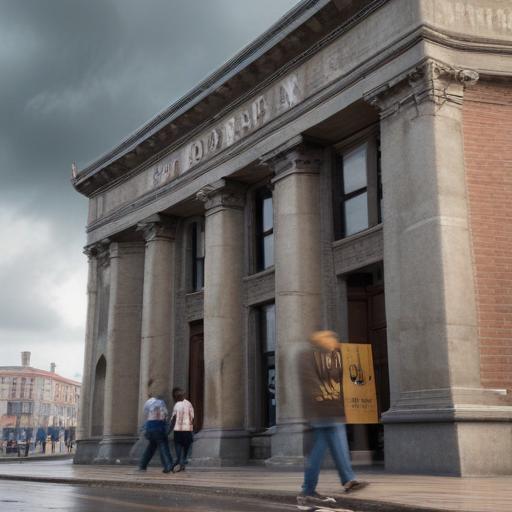Spain’s recent intervention regarding BBVA SA’s attempt to acquire Banco de Sabadell SA raises important questions. This situation can be interpreted in two distinct ways. On one hand, it may serve as a political strategy aimed at stabilizing a fragile coalition government as it approaches elections. On the other hand, it could signal significant entanglements for the proposed deal, causing it to become mired in complications from which it might struggle to emerge.
BBVA is reportedly weighing its options closely. The bank faces the decision of whether to proceed with its €14 billion ($16 billion) offer for Sabadell shares, particularly after enduring a lengthy 16-month wait for regulatory approval. Increased uncertainty may compel BBVA to retract its position, potentially reflecting negatively on Spain and the broader outlook for banking consolidation across Europe, which has encountered various obstacles.
In light of this situation, it’s crucial for banking stakeholders in Spain and Europe to engage in thoughtful dialogue and strategic planning. By navigating these complexities with transparency and foresight, there remains a possibility for enhanced cooperation that could ultimately lead to a more robust financial sector.
The developments surrounding BBVA and Banco de Sabadell illustrate the intricate balance between political considerations and market dynamics. They serve as a reminder that while challenges are present, constructive solutions can emerge from careful negotiations and collaborative efforts within the financial landscape.
